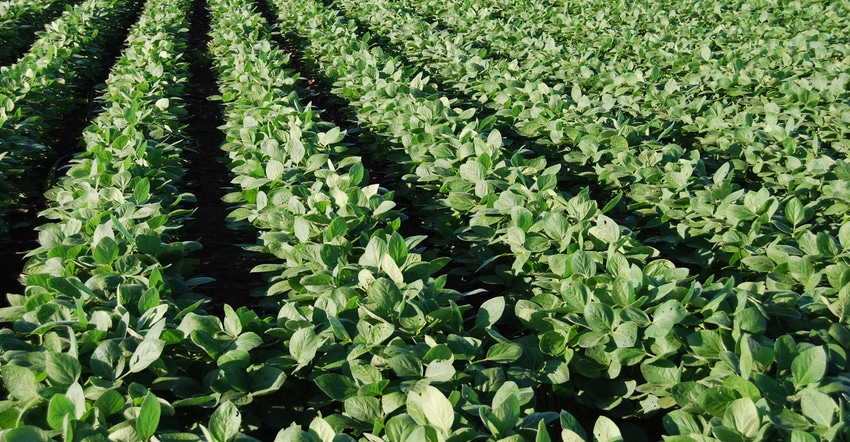January 11, 2023

The investigation of a plant’s inner workings is unlocking new ways for crop protection companies to be more sustainable while also maintaining product efficacy. The startup Oerth Bio is putting forth a tool in its quest to enhance crop protection and performance.
Pronounced “Earth Bio,” the company is leveraging a protein degradation platform first developed for treating cancer in humans. A system of targeted protein degraders allows a plant to regulate its health and fight diseases and pests. But its wider application is more dependable than the traditional approach to biological use, according to CEO John Dombrosky.
“When I was at an ag tech accelerator, we looked at a bunch of biologics, and we got frustrated with the notion that this biologic will work 40% of the time. We can’t predict when, and it’s going to cost three to four times a [conventional] small molecule,” he says. “The farmer won’t love it.”
Oerth Bio uses a biological approach that can be tied to conventional small-molecule chemistry for enhanced results. “We believe we can go as low as a tenth of the rate and have maybe — and I say maybe — half the sprays,” he says. “It still has to be proven in the field.”
Digging into science
Oerth Bio is working with in-plant processes that, until now, haven’t been part of crop protection. Plants regulate proteins in their system, and some of that can be used to fight off diseases or overcome stresses such as drought, heat or salinity in the soil. Ramping up the plant’s ability to take on those challenges is where the process starts.
The company is developing proteolysis targeting chimera (Protac) protein regulators. They harness a plant’s own protein disposal system — the ubiquitin-proteasome system — to selectively and efficiently degrade and remove unwanted proteins.
Oerth Bio is working with the Protac molecule to take on specific tasks, Dombrosky says. After identifying the protein to degrade and then building a targeted Protac molecule, it can be applied to a field to work with the plants. A key piece of the process is the E3 ligase, which is linked with the Protac molecule to create that custom-tailored approach. Oerth Bio has a vast E3 ligase library.
The process provides a more targeted approach than conventional products. Dombrosky says the company began working with a shelved small-molecule fungicide, which had been proven effective in testing but had an effect on animals and plants. The goal was to hit the fungal target with the same level of efficacy using a Protac molecule, while leaving all other species unaffected.
“We picked up [the molecule] and combined it with the E3 ligase of our choosing, which was specific to fungal pathogens,” Dombrosky says. “We had the same nice, broad-spectrum fungal activities. And when we ran it through the mammalian assays, it came back clean.”
Essentially, the same small-molecule fungicide when mated to the custom E3 ligase in the Oerth Bio Protac system was highly effective in its targeting.
Dombrosky says this high-level targeting will be beneficial to agriculture as more products come to market for weed, insect and disease control. This targeted approach will with tougher regulations. He even sees a day when Oerth Bio tech could be used with insecticides to hit targets without hurting pollinators.
Using biological processes to boost crop health and productivity is the next wave of agriculture. The path Oerth Bio is worth watching as products with the technology move from greenhouse to the field. Learn more at oerthbio.com.
About the Author(s)
You May Also Like






